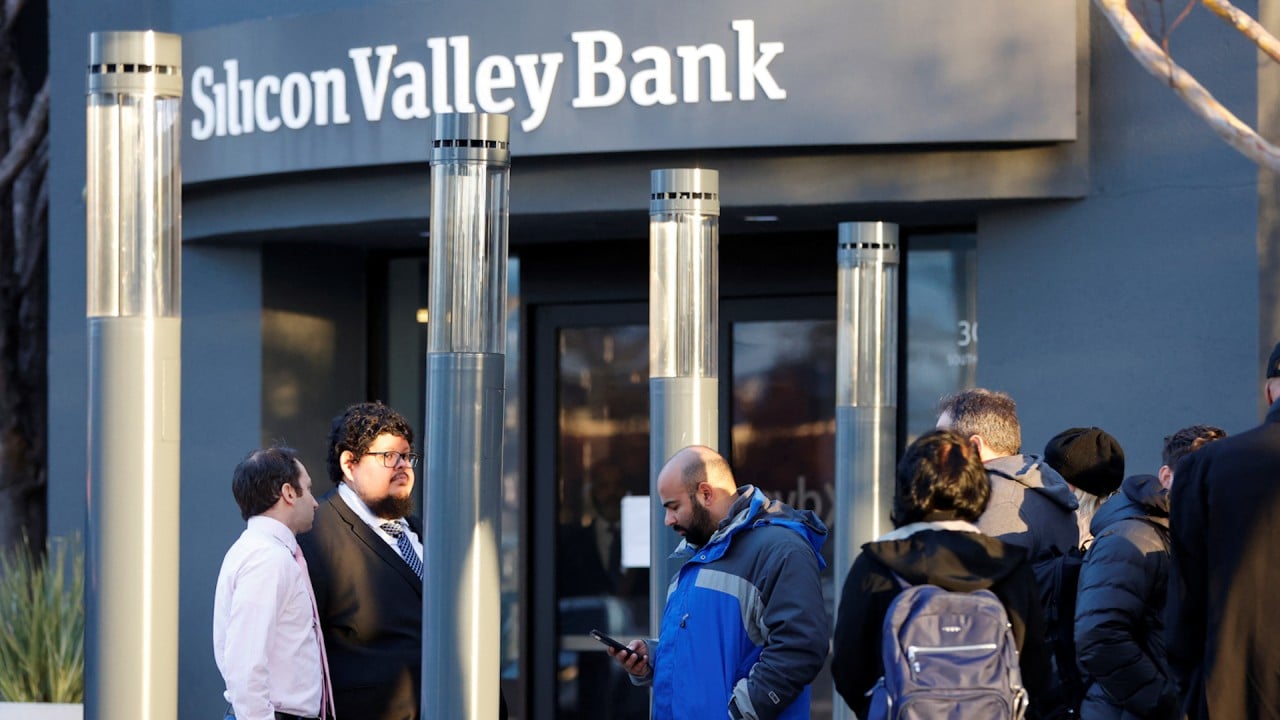Advertisement
Asia’s start-ups start to squirm as contagion fears linger, easy money dries up
- Turmoil in Western financial markets spurred a flight to safety among global investors, hurting the region’s start-ups amid rising borrowing costs
- In India, entire business sectors could now be under threat – even if most Asian lenders are unlikely to fall to a Silicon Valley Bank-style collapse
Reading Time:7 minutes
Why you can trust SCMP

Global investors watched in horror over the past month as two US banks collapsed and struggling Swiss finance giant Credit Suisse was taken over by rival UBS, triggering concerns it could spark a contagion effect that would spread to Asia in the same way as the global financial crisis of 2008.
Advertisement
Analysts say most Asian banks learned from that episode and are well positioned to ride out the current turmoil. But they warn of higher borrowing costs and tighter lending conditions, which could disrupt venture-capital funding for the region’s start-ups.
Silicon Valley Bank (SVB) failed after depositors lost confidence in the business and flocked to withdraw their money as high interest rates eroded the value of its long-term bonds. This also spooked customers of the New York-based Signature Bank, which likewise had a large amount of uninsured deposits, causing US regulators to seize control of both lenders.
Unlike in the US and Europe, however, many Asian banks – outside Japan – are used to operating in a high interest-rate environment, said Jamus Lim, associate professor of economics at the ESSEC Business School, Asia-Pacific in Singapore. They are also adept at juggling domestic interest rates with exposure to US rates and exchange risks, he said.
After the crisis of 2008, many Asian banks “would have built up better reserve buffers and not relied on a thin layer of capital,” Lim said. “That said, there will be regional banks that will be hit more, and should the effects of the recent bank failures in the West become more generalised, then all bets are off.”
Advertisement
At the moment, such a dire scenario looks unlikely – although it can’t be ruled out.

Advertisement
